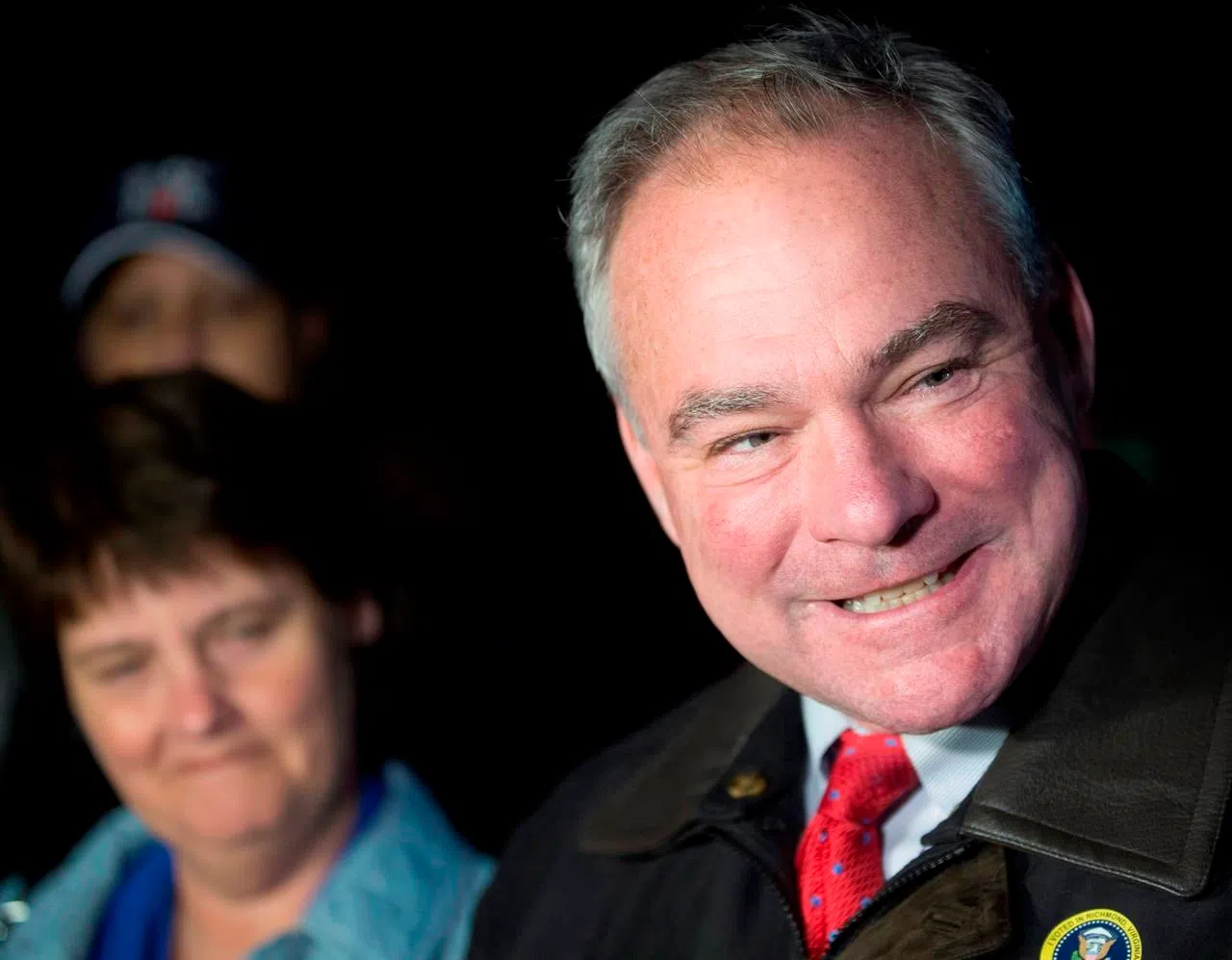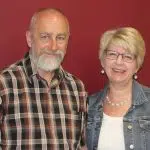
Vice-presidential candidate Tim Kaine expected to attend Halifax security forum
HALIFAX — Less than two weeks after Republican Donald Trump’s stunning electoral victory, the Democratic contender for U.S. vice-president, Tim Kaine, is scheduled to attend an international foreign affairs and defence conference in Halifax.
Kaine, a U.S. senator from Virginia, is among a list of high-profile political and military leaders expected to join the weekend meeting, which will include U.K. Defence Secretary Michael Fallon, U.S. Deputy Defence Secretary Robert Work and France’s defence minister, Jean-Yves Le Drian.
Fallon will speak about Britain’s place in the world after Brexit, and Le Drian will speak about combating terror.
Hosted by Canadian Defence Minister Harjit Sajjan, the annual three-day Halifax International Security Forum bills itself as a gathering of democratic leaders committed to global security and prosperity.


